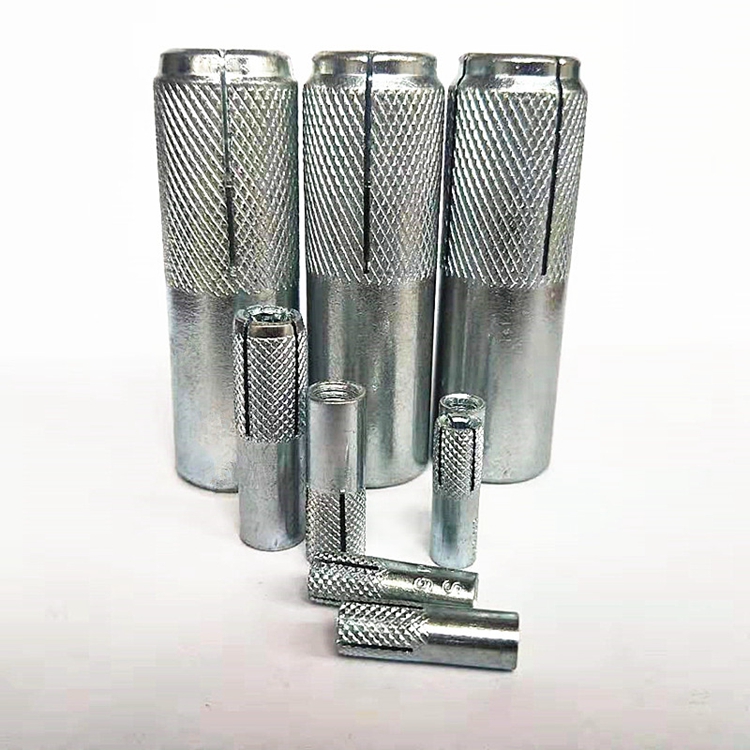High-Quality Carbon Steel Flange Head Bolts Manufacturers for Industrial Applications and Custom Solutions
Aug . 15, 2024 16:32 Back to list
High-Quality Carbon Steel Flange Head Bolts Manufacturers for Industrial Applications and Custom Solutions
The Importance of Carbon Steel Flange Head Bolts in Industrial Applications
In the world of mechanical engineering and structural applications, fasteners play a critical role in ensuring the integrity and longevity of assemblies. One such integral component is the carbon steel flange head bolt. These bolts, commonly used in various industries, possess unique properties that make them suitable for a wide range of applications.
Understanding Carbon Steel Flange Head Bolts
Carbon steel flange head bolts are characterized by their distinctive flange or collar located beneath the head of the bolt. This design feature allows for a broader surface area in contact with the material being fastened, distributing the load more evenly and minimizing the risk of damage to the materials. The flange head also provides enhanced torque capabilities, which is particularly beneficial in applications that require a secure and tight fastening.
Carbon steel, known for its strength and durability, is the primary material used in the manufacturing of these bolts. The carbon content in the steel enhances its hardness, making it suitable for high-stress environments. Furthermore, the cost-effectiveness of carbon steel makes it a popular choice for both manufacturers and consumers.
Applications of Carbon Steel Flange Head Bolts
Carbon steel flange head bolts find extensive use in various industries, such as construction, automotive, and oil and gas. In the construction sector, these bolts are employed in structural assemblies, securing beams and girders to ensure the stability of buildings and bridges. Their ability to withstand heavy loads makes them indispensable in high-rise constructions and infrastructure projects.
carbon steel flange head bolts factories

In the automotive industry, flange head bolts are utilized in engine assemblies and chassis connections. Their design allows for a secure grip, ensuring that components remain firmly attached even under the vibrations and stress that vehicles experience during operation.
The oil and gas sector also relies heavily on these bolts, particularly in pipelines and drilling rigs. The ability to endure harsh environmental conditions, including extreme temperatures and corrosive substances, makes carbon steel flange head bolts suitable for these demanding applications.
Manufacturing and Quality Control
The production of carbon steel flange head bolts occurs in specialized factories equipped with advanced machinery and technology. The manufacturing process involves several critical steps, including forging, machining, and heat treatment. Attention to detail during these processes is vital, as even minor defects can compromise the performance of the bolts.
Moreover, quality control measures are essential to ensure that the fasteners meet the required standards and specifications. Many manufacturers implement rigorous testing procedures, including tensile strength tests and corrosion resistance evaluations, to guarantee the reliability of their products. This commitment to quality ensures that end-users receive fasteners that can withstand the demands of their specific applications.
Conclusion
In summary, carbon steel flange head bolts are vital components in various industrial applications, providing strength, durability, and reliability. Their unique design and the properties of carbon steel make them suitable for high-stress environments across multiple industries, including construction, automotive, and oil and gas. With ongoing advancements in manufacturing processes and quality control measures, these fasteners will continue to play an essential role in ensuring the stability and integrity of mechanical assemblies. As industries evolve and move towards more complex applications, the demand for reliable fasteners like carbon steel flange head bolts is expected to grow, underscoring their importance in modern engineering.
Latest news
-
Leading Metric Wood Screw Companies & Manufacturers
NewsAug.17,2025
-
Top Wire Bolts Suppliers - Quality & Durable Fasteners
NewsAug.15,2025
-
Trusted Wire Bolts Company | Quality Fasteners Supplier
NewsAug.14,2025
-
Reliable Wire Bolts Suppliers & Manufacturers for Global Needs
NewsAug.13,2025
-
High-Quality Bolts for Lawn Mower Handle Supplier
NewsAug.12,2025
-
Leading Phosphated Drywall Screws Supplier | Bulk & Custom Orders
NewsAug.11,2025
